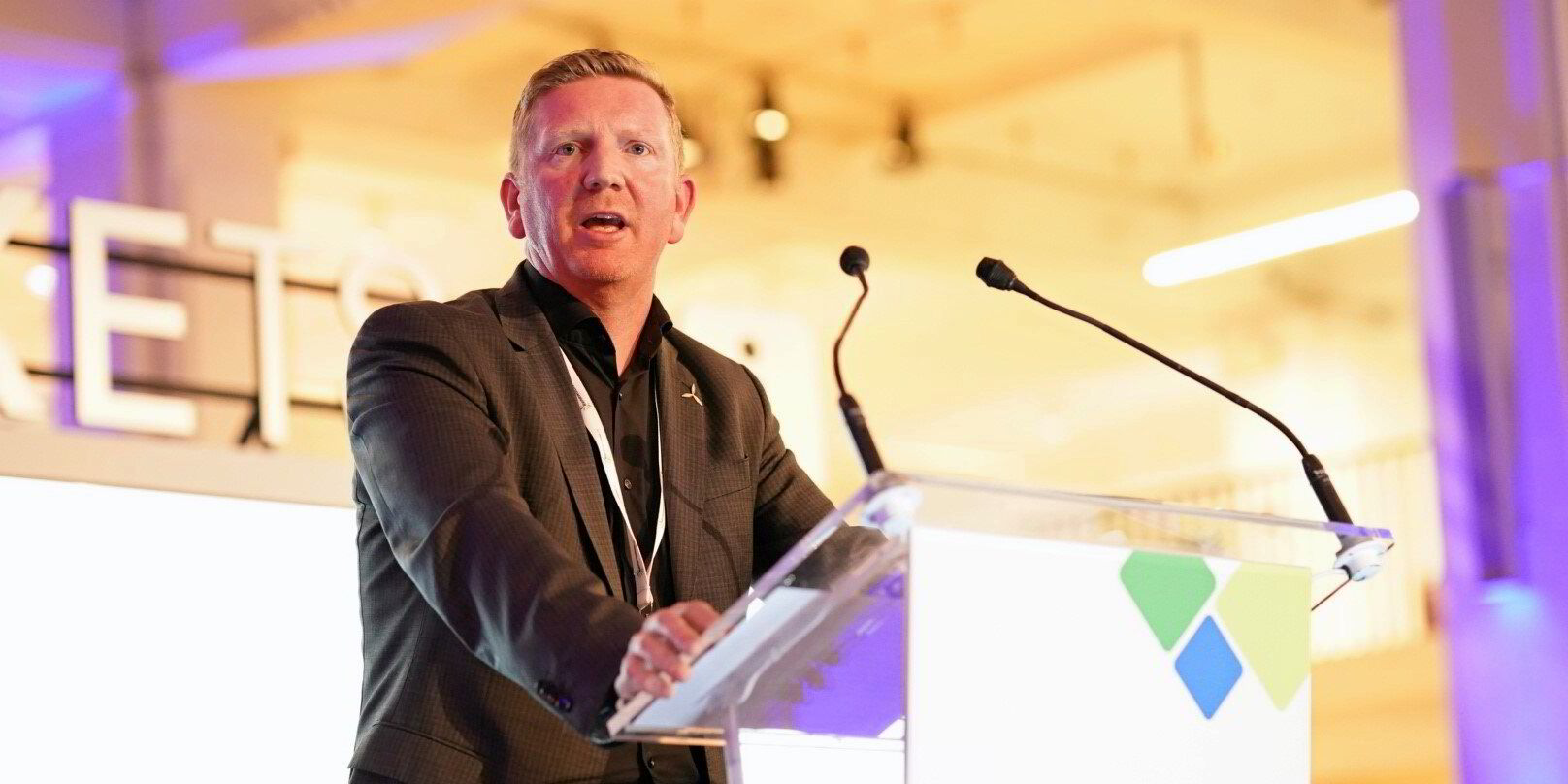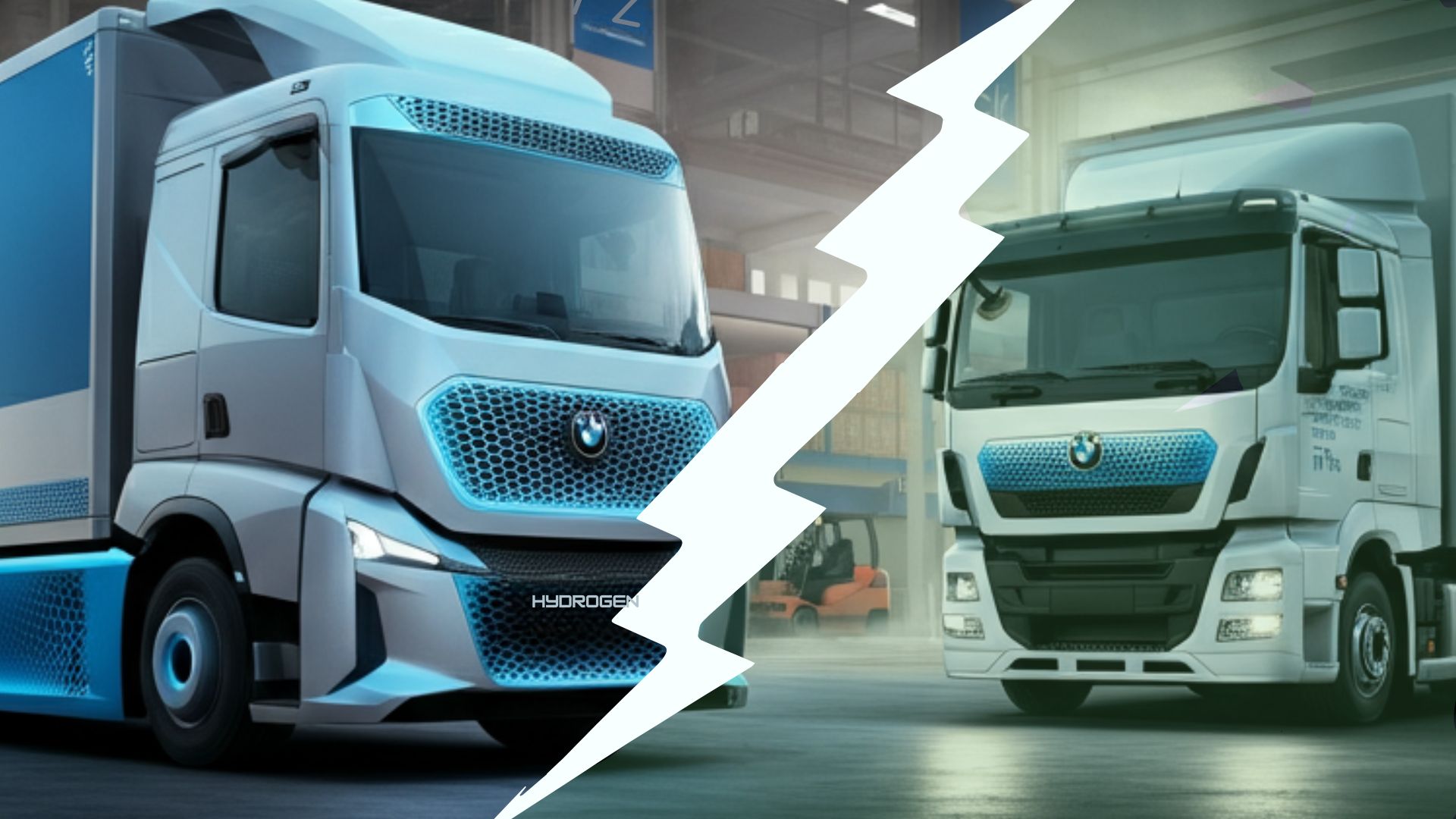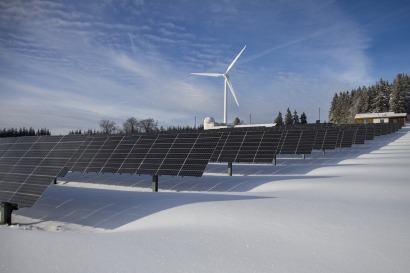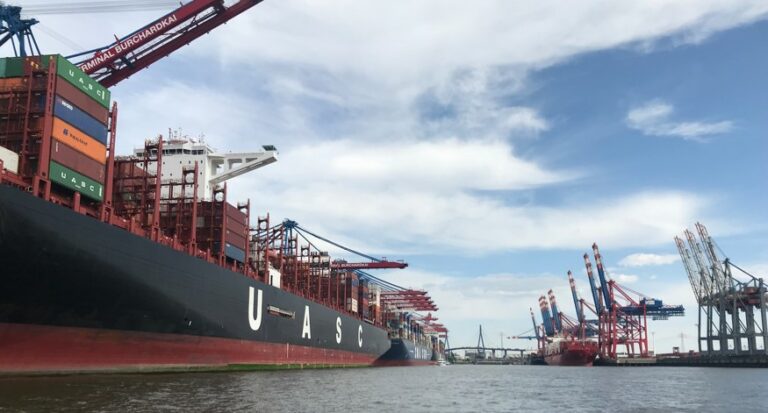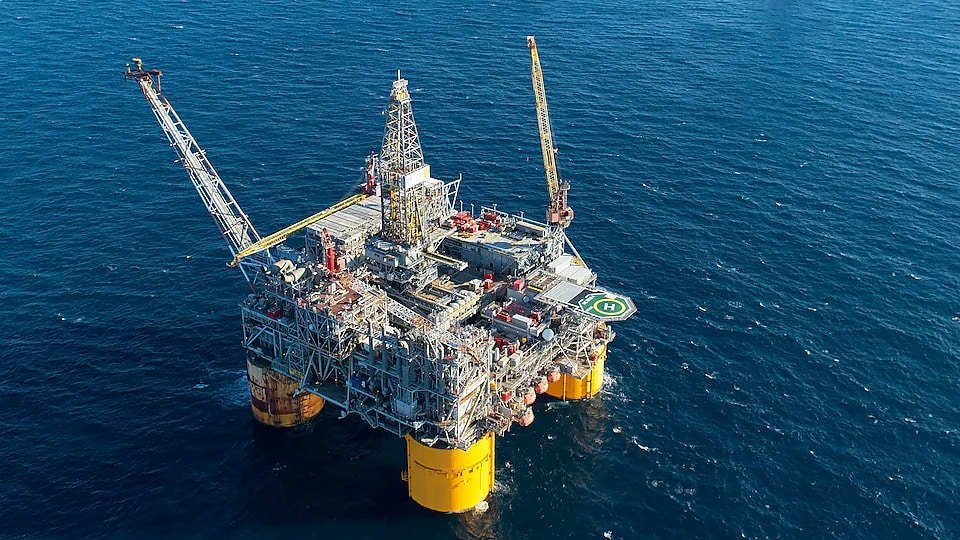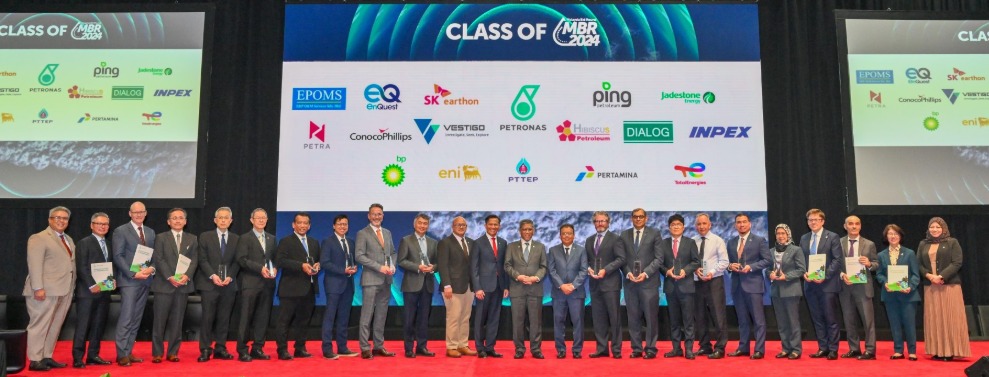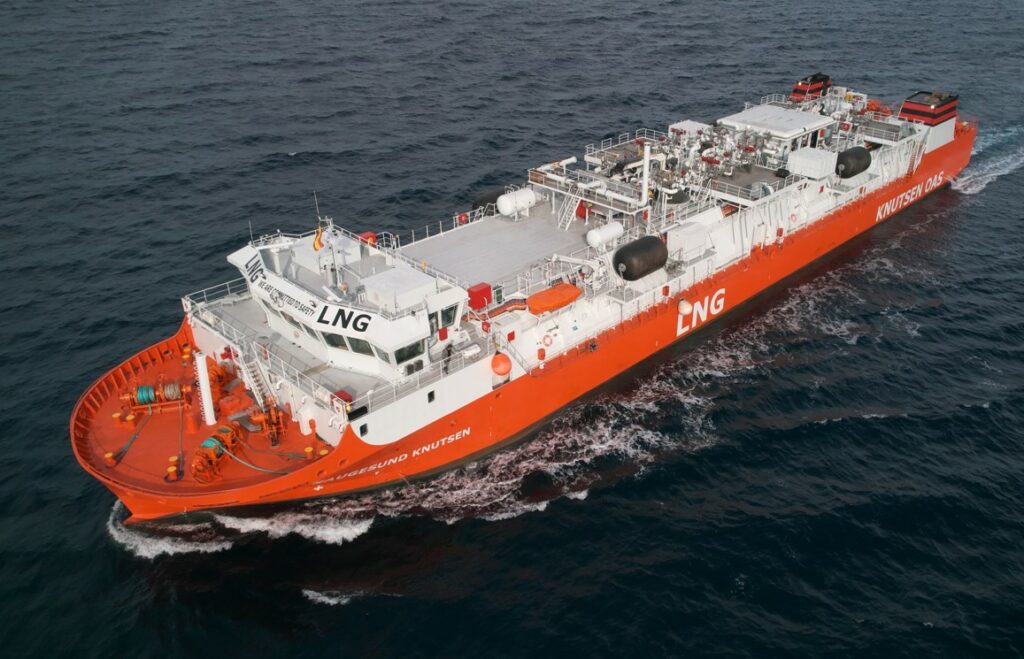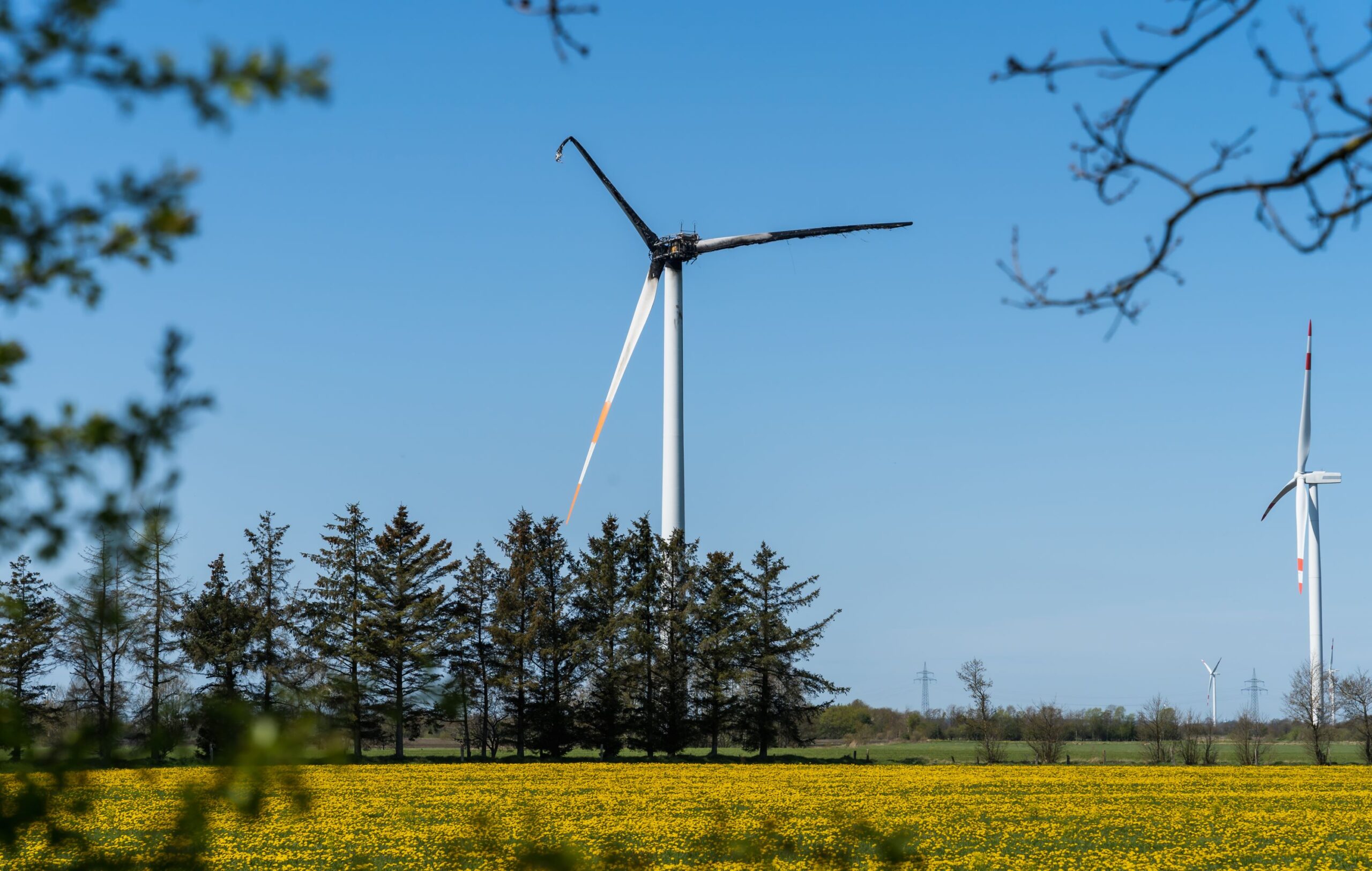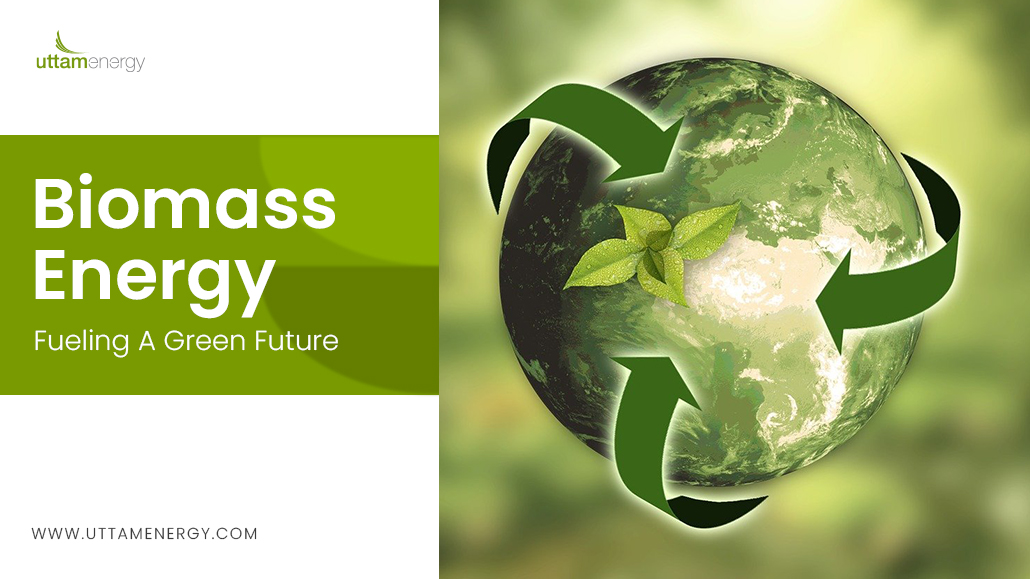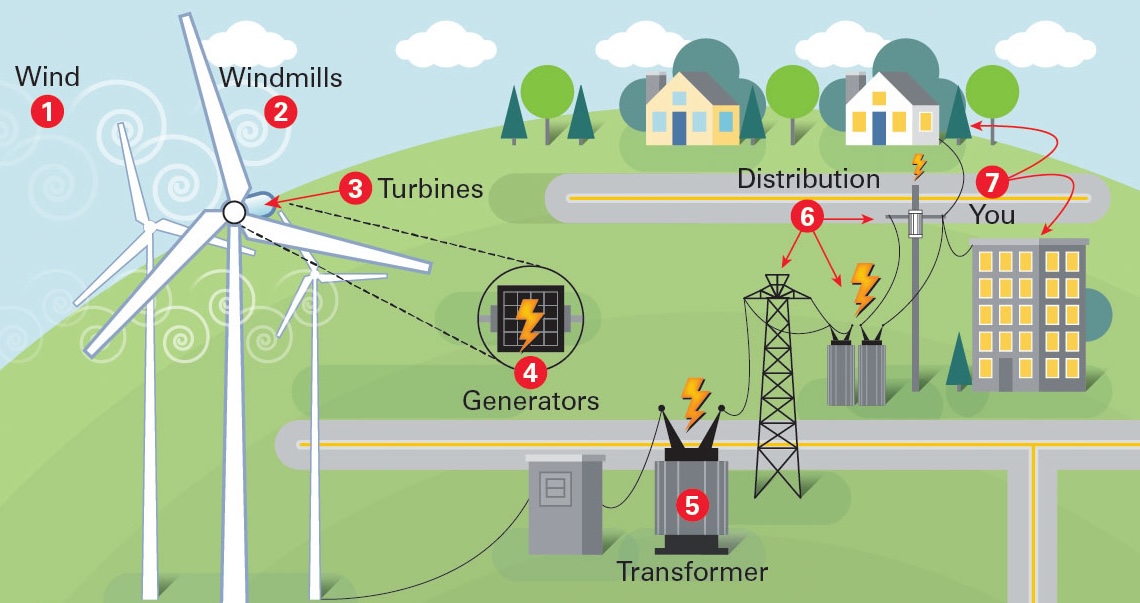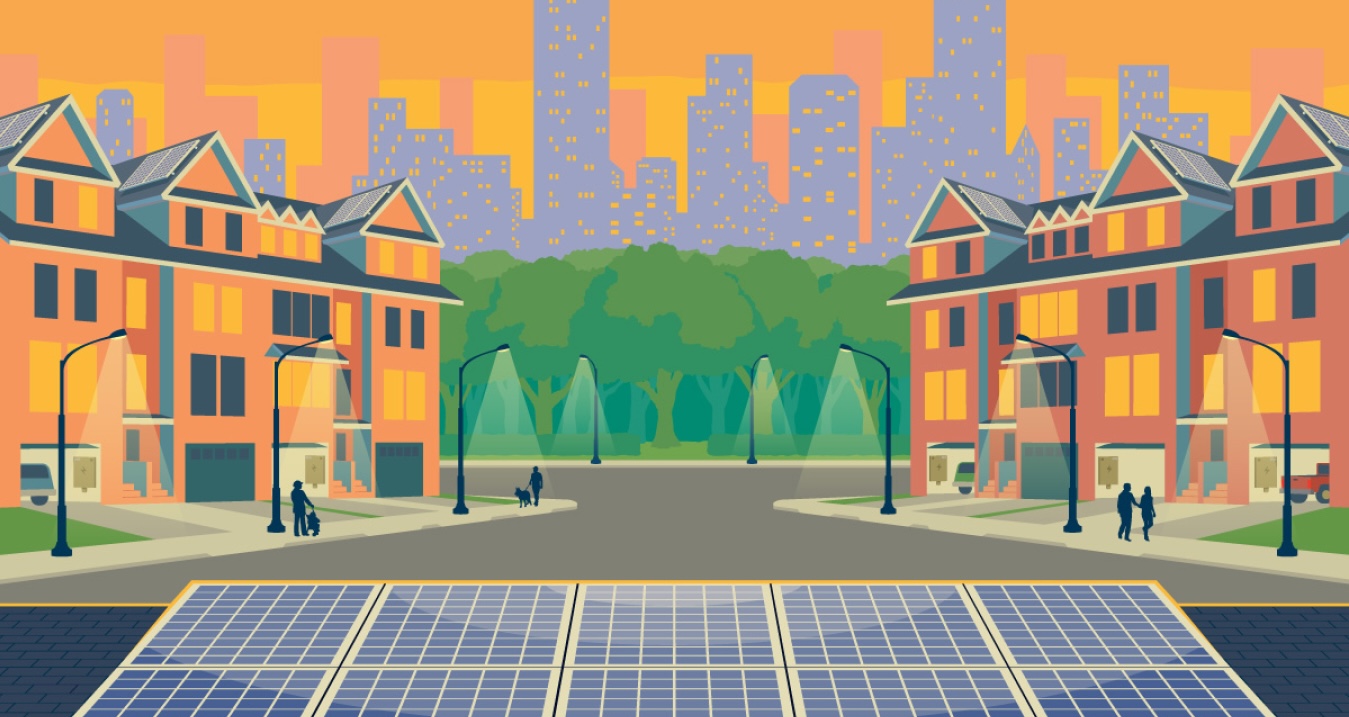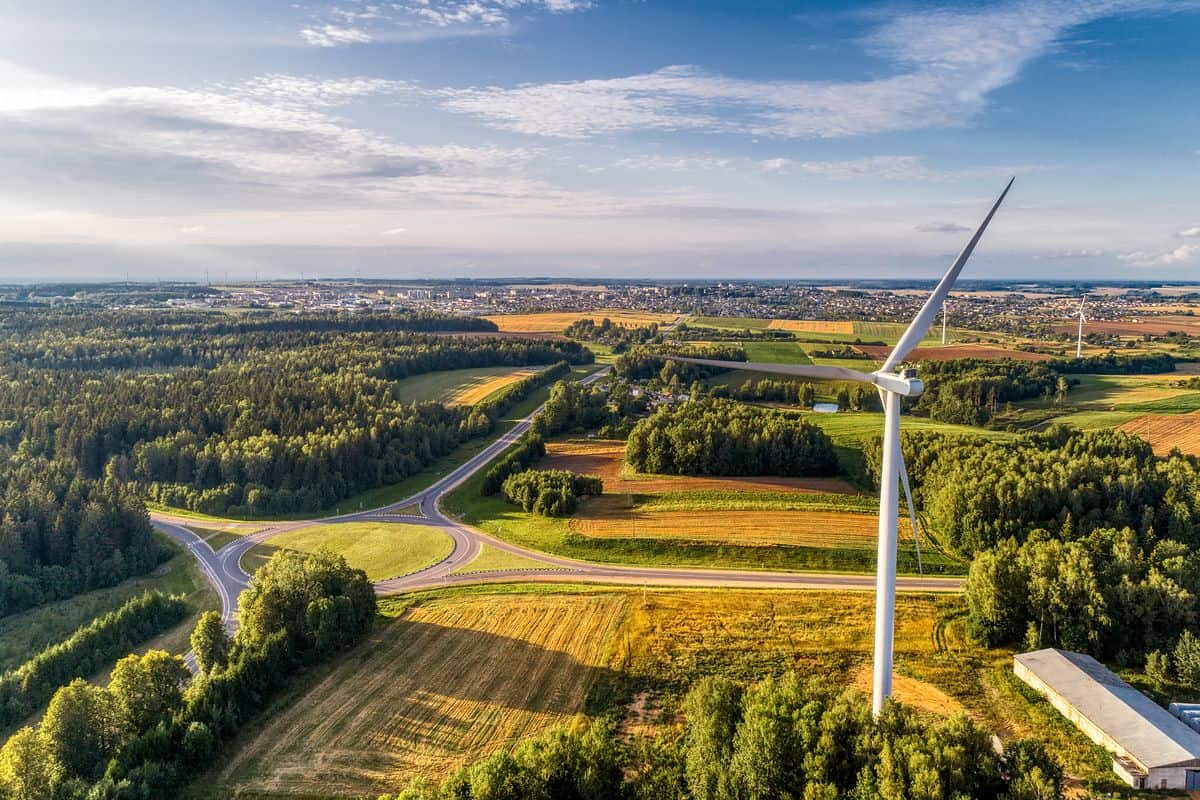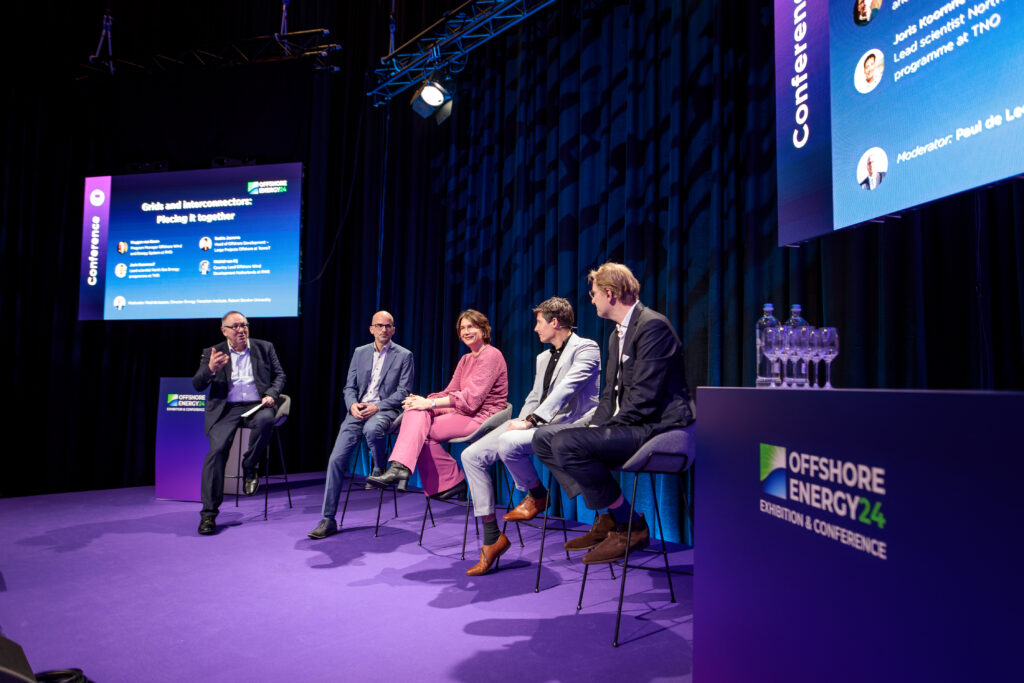bp Teams Up with Accelera to Drive Germany’s Largest Green Hydrogen Project
Advancing Green Energy Solutions with Accelera by Cummins Green hydrogen is steadily becoming a pivotal player in the global fight…
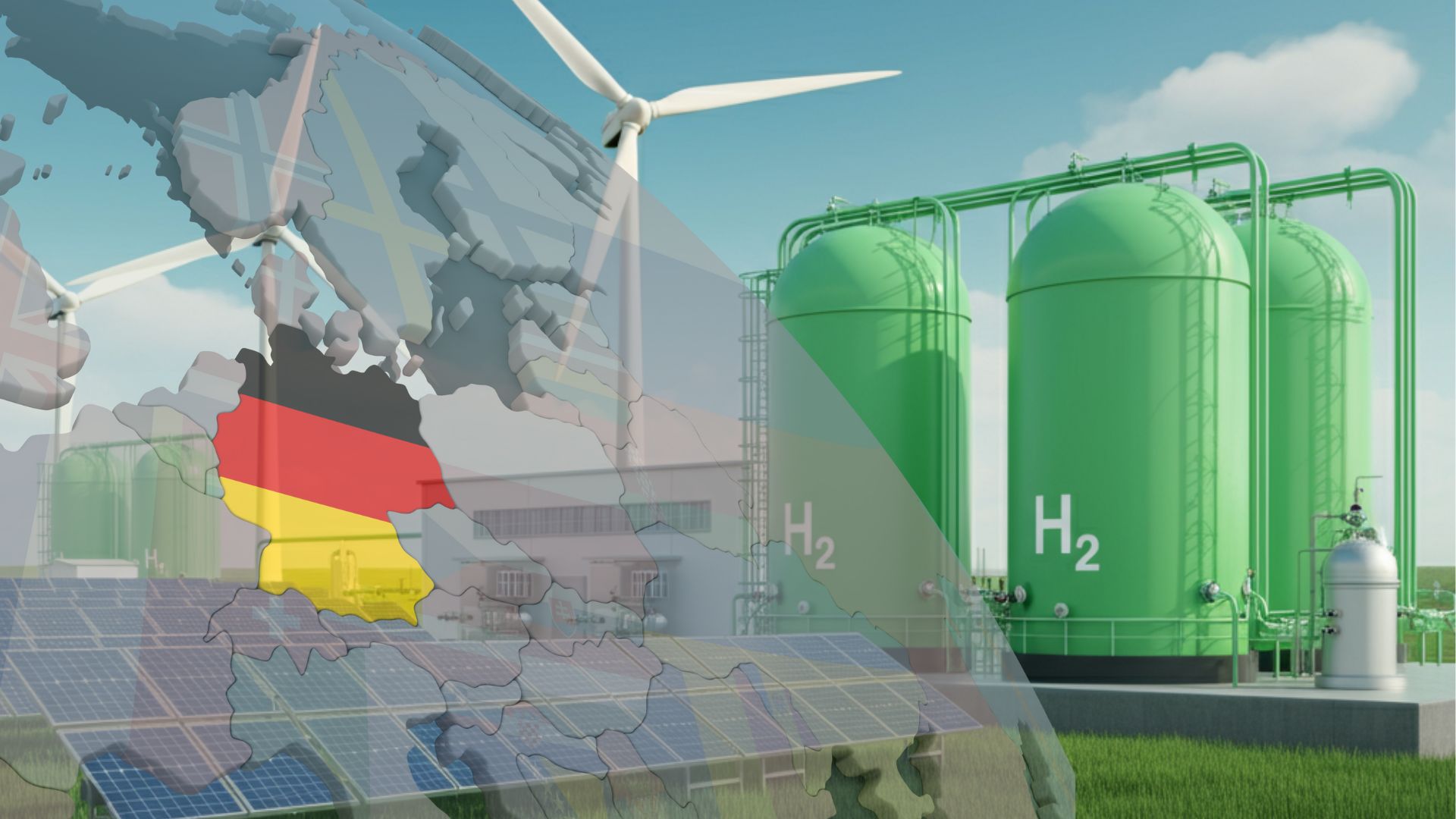
Advancing Green Energy Solutions with Accelera by Cummins
Green hydrogen is steadily becoming a pivotal player in the global fight against climate change, offering a cleaner alternative to fossil fuels for industry and transportation. At the forefront of this movement is Accelera™ by Cummins, a zero-emissions business segment that is delivering groundbreaking technology to help transform our energy landscape. One of their most notable contributions is their involvement in bp’s Lingen green hydrogen project, set to redefine large-scale hydrogen production. But Accelera’s vision for sustainable energy goes beyond a single project. From their cutting-edge electrolyzer systems to next-generation hydrogen fuel cells, let’s explore how their technology is shaping the energy transition.
Accelera’s Cutting-Edge PEM Electrolyzer Technology
At the heart of the Lingen hydrogen project is Accelera’s 100 MW proton exchange membrane (PEM) electrolyzer system. This complex piece of equipment is designed to separate water into hydrogen and oxygen using renewable electricity. Here’s how it works:
- Water reacts at the anode to produce oxygen and positively charged hydrogen ions.
- The hydrogen ions move through the PEM electrolyte to the cathode side.
- At the cathode, these ions combine with electrons, forming pure hydrogen gas.
The advantage of PEM electrolyzers lies in their efficiency and scalability. Compared to traditional alkaline systems, PEM technology operates at lower temperatures (typically 70–90°C), providing improved reliability and compact designs. This means it’s ideal for integrating with renewable energy sources like offshore wind, as seen at the Lingen site. Once operational in 2027, the electrolyzer system will produce up to 11,000 tons of green hydrogen annually, which will be used to decarbonize industries like steel and chemicals.
The Role of Green Hydrogen in Decarbonization
Green hydrogen, derived from renewable energy sources, is key to reducing emissions in hard-to-abate sectors like manufacturing and heavy transportation. The Lingen project is a shining example of this potential. Powered entirely by offshore wind energy, the hydrogen produced will support bp’s existing operations while helping local industries transition away from fossil fuels. Facilities like bp’s refinery, which has supplied energy to German industry for over 70 years, now have an opportunity to evolve into hubs for clean, low-carbon energy.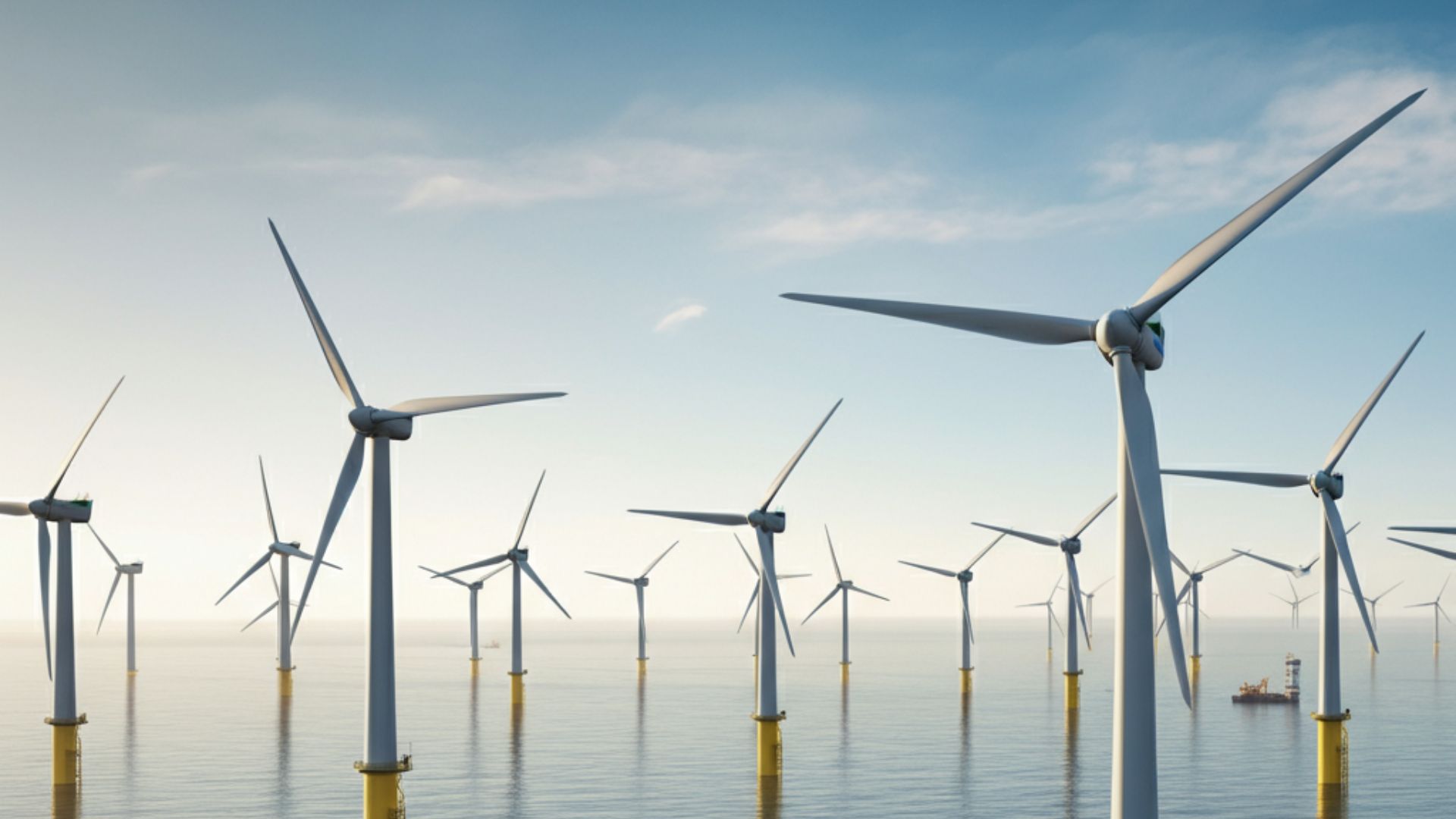
“One of the goals is to bring sustainable solutions to the supply chain,” said Felipe Arbelaez, bp’s Senior Vice President for Hydrogen and Carbon Capture & Storage. By creating a local green hydrogen economy in Lingen, the project not only cuts emissions but also boosts regional economic growth and energy security.
Beyond Lingen: Accelera’s Far-Reaching Impact
Accelera’s work isn’t limited to Europe. Their portfolio includes several large-scale projects and innovations that further demonstrate their leadership in zero-emissions technology:
-
90 MW Electrolyzer in Quebec: Accelera is powering Varennes Carbon Recycling’s plant in Canada, where hydrogen will be used to transform non-recyclable waste into biofuels and chemicals. This significant project steps up efforts to create a circular, sustainable economy.
-
Hydrogen Fuel Cell Technology: At the recent ACT Expo in Las Vegas, Accelera showcased their latest advancements, including the FCE300 and FCE150 fuel cell engines. These fuel cells deliver higher power density and improved efficiency, making them versatile for heavy-duty vehicles and industrial use.
-
Electric School Bus Initiative: Partnering with Blue Bird Corporation, Accelera is ramping up production of 1,000 electric school buses across the U.S. This deployment will prevent over 10,000 metric tons of CO2 emissions annually, benefiting both the environment and public health.
Why These Advancements Matter
The importance of green hydrogen projects like Lingen goes beyond numbers and statistics. They’re a glimpse into a future where clean, renewable energy replaces polluting fossil fuels. Industries that have traditionally been significant carbon emitters, such as steel production or freight transportation, can now begin their decarbonization journeys.
The timelines for these technologies are promising. With the Lingen project set for commissioning in 2027, and other ventures like the Quebec electrolyzer progressing at a similar pace, we’re watching green hydrogen move from experimental to essential in under a decade. These steps forward are necessary as the world works to adhere to climate goals like the Paris Agreement, which requires ambitious cuts to carbon output by 2030.
Applying Hydrogen Tech to Today’s Challenges
While large projects like Lingen grab headlines, the ability to connect hydrogen technology to everyday life is just as important. Looking at today, we can already leverage electrolysis to store excess renewable energy, making grids more stable and efficient. Localized hydrogen production could power fleets of buses, trucks, and even passenger trains, helping cities reduce air pollution.
For remote areas or islands heavily reliant on imported fuels, on-site hydrogen generation is a game-changer, offering independence and sustainability. And in the industrial sector, co-locating electrolyzers with manufacturing plants creates opportunities to slash emissions without drastic changes to infrastructure.
Looking ahead, broad adoption and cost reductions are critical to unlocking the full potential of green hydrogen. This responsibility is not just for companies like Accelera but also for policymakers, businesses, and individuals who see the value in energy transition. By supporting projects and scaling clean technology, we can ensure a future that balances environmental health with economic growth.
What's Your Reaction?









